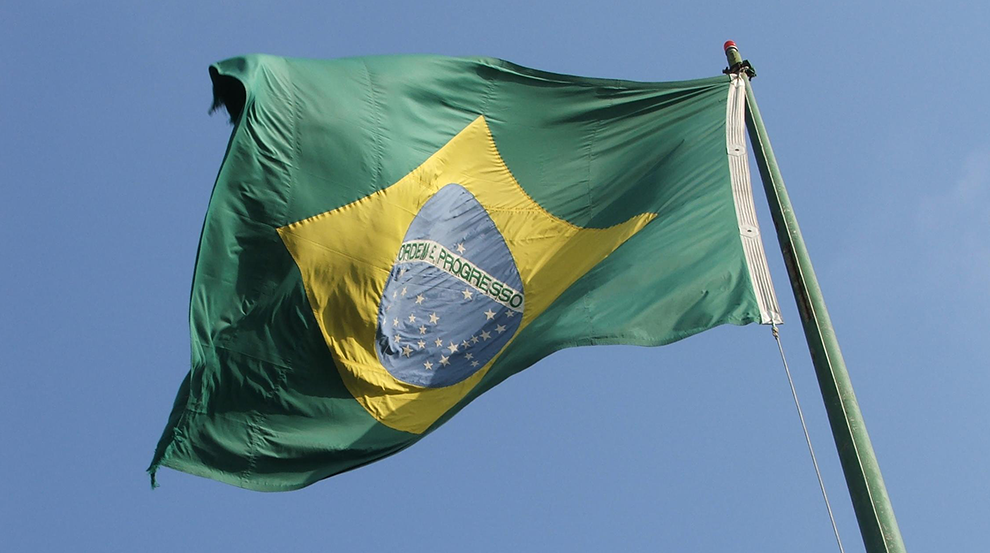Rio Paralympics have overcome financial adversity to win over local hearts
Despite some serious trouble with finances, the Rio 2016 Paralympic Games seem to be bouncing back. The games narrowly escaped cancellation, when a £56m government grant was released, having been held up by the Brazilian courts over concerns about transparency. Fewer than half of the tickets had sold before the opening ceremony, even though they cost as little as £2.50.
Although they have been significantly downsized – with fewer staff, smaller venues and a scaled-back transport service – the Paralympics seem to have won over local audiences, with more than 170,000 tickets purchased on September 10 alone.
This is not the first time that the Paralympics have had to struggle with financial shortfalls. At Atlanta 1996, the Paralympics were run on a shoestring budget, in part because the American organisers were unwilling to risk financially supporting the games. Spectators stayed away, too, with the athletics stadium only about 10% full during events. It was concerns brought on by the instability of the 1996 Paralympics that led the International Paralympic Committee (IPC) to open discussions with the International Olympic Committee (IOC) about a formal partnership.
At Sydney 2000, both the Olympic and the Paralympic Games were incorporated into a very successful “sixty day festival of sport”. After that, the IPC and the IOC formally agreed that host cities would be required to stage the Olympic and Paralympic Games together.
This model has, until now, provided a road map for organising committees. Today, the formal bid process for hosting the Olympic and Paralympic Games requires that there is a detailed plan in place for the running and organisation of both events, before the bid can be put forward by nations eager to act as hosts.
Before the games began, it seemed that the organisers of Rio 2016 were on track to follow this precedent. Earlier this year, the IOC and IPC even signed a long-term agreement, to consolidate the relationship between the games and confirm that both the Olympics and the Paralympics are integral parts of a packaged event. Both organisations agreed to increase the visibility of the Paralympic Games, and to ensure their financial stability and viability.
Less money, more problems
But Brazil’s economic woes have been mounting since the games were awarded in 2009. Despite promises that the games would be privately financed, the state authority of Rio de Janeiro had to elicit 2.9 billion Brazilian real (US$878m) from the federal government, in order to cover security costs, while many of the infrastructure projects drew on both public and private funds.
Unfortunately, the problems didn’t stop after the Olympic Games had begun: the organisers were confronted with issues such as faulty accommodation, poor attendance and green diving pools.

It’s not easy… Larry W Smith/EPA
These issues, as well as poor ticket sales and a lack of sponsors, led to a major budget shortfall for the Paralympic Games. Although Rio’s mayor, Eduardo Paes, was quick to deny that the Paralympics would be cancelled, the atmosphere of uncertainty cannot have been good for the Paralympic brand.
The bounce back
The president of the International Paralympic Committee, Philip Craven, highlighted that the “Paralympic family” was used to dealing with adversity. And, true to form, the Paralympic spirit seems to have caught on. On Sunday September 11, attendance at the Paralympic Games surpassed any other day at the Olympics. The fact that tickets are much more affordable to the local population will have helped to bolster sales.
At the start of the games, I was concerned about the impact that the financial crisis would have on the stability and success of the Paralympic movement. But despite the blunders of the Brazilian organisers, the citizens of Rio have embraced the event – partly because they’re keen to see the Olympic venues that they will be paying for in years to come, but also because they love a party.
The exuberant support the local community has shown to Paralympians across all sports has been breathtaking. A carnival atmosphere can be felt in and around the stadiums. Travelling to and from venues on public transportation (one of the major cuts has been media transport) people openly marvel at the performances of the athletes they have seen compete at the games.
Yet I have found that people with disabilities are largely absent from view outside the competitive venues, except for beggars on the street corners. It seems that life in Rio is still very difficult for people with disabilities.
Clearly, the Paralympics were not a priority to the Brazilian organisers. But from what has been observed on the ground in Rio there is hope that the courageous performances by the athletes, and the warm response from the locals, will, in the short to medium term, enhance the lives of people with disabilities in this nation and in doing so do the Paralympic brand a world of good.
![]()
P. David Howe, Reader in the Anthropology of Sport, School of Sport, Exercise and Health Sciences, Loughborough University
This article was originally published on The Conversation. Read the original article.

